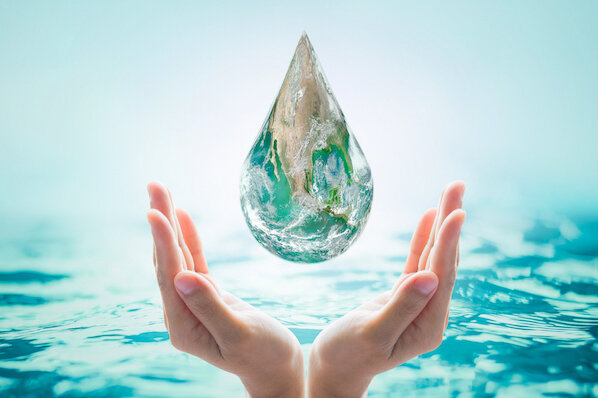How to Save Money and the Environment With Water-Saving Techniques

Water is an invaluable resource, and conserving it helps people save money and contributes to a healthier environment. So, this post will talk about some effective water-saving techniques that you can implement in your daily life. From simple changes to utilising advanced methods like rainwater harvesting tanks, there are numerous ways to make a positive impact on both your wallet and the planet.
Fix Leaks Promptly
One of the most significant contributors to water wastage is leaky faucets, toilets, and pipes. A dripping faucet may not seem like a big deal, but with time, it can add up to a large amount of wasted water and increased utility bills. So, be vigilant in checking for leaks and fix them promptly to save both water and money.
Install Water-Efficient Appliances
Replacing old, water-guzzling appliances with water-efficient ones can lead to substantial savings. Hence, look for appliances with the WaterSense label, which indicates they meet high water-efficiency standards. This includes toilets, washing machines, and dishwashers that use less water while maintaining optimal performance.
Upgrade Your Showerhead
Showering typically accounts for a significant portion of household water use. Hence, consider installing a low-flow showerhead, which can reduce water consumption without having to compromise your shower experience. You’ll save water and energy used to heat it, further lowering your utility bills.
Optimise Your Landscape
Gardens and lawns can be water hogs, especially in dry climates. So, to save water while maintaining a beautiful landscape, consider xeriscaping, which involves choosing drought-resistant plants and using mulch to retain soil moisture. Additionally, install a rain sensor on your irrigation system to avoid watering when it’s raining.
Embrace Rainwater Harvesting
One advanced but highly effective water-saving technique is rainwater harvesting. It involves collecting rainwater from your roof and storing it in a harvesting tank for later use. Here’s why it’s an excellent choice:
- Reduced Dependency on Municipal Water: Using harvested rainwater for activities like watering your garden or flushing toilets reduces your reliance on treated municipal water, which can be expensive.
- Lower Utility Bills: By supplementing your water supply with rainwater, you can significantly reduce your water bills over time.
- Environmental Benefits: Harvesting rainwater reduces stormwater runoff, which can carry pollutants into rivers and lakes. It also conserves energy by reducing the need for water treatment and transportation.
Use a Pool Cover
Consider using a pool cover when your swimming pool is not in use. A pool cover prevents evaporation, which can lead to significant water loss, especially in hot and sunny climates. It also keeps debris out, reducing the need for frequent pool cleaning.
Be Mindful of Daily Habits
Small changes in your daily routines can also make a difference. So, turn off the tap while brushing your teeth, take shorter showers, and only run the dishwasher or washing machine with full loads. These habits, while seemingly insignificant, can collectively save a considerable amount of water.
Educate Yourself and Others
Water conservation is a shared responsibility, so educate yourself and your family members about the importance of water-saving techniques and the impact they have on both your finances and the environment. Encourage your friends and neighbours to adopt water-efficient practices as well.
Invest in a Tank for Harvesting Rainwater
As mentioned earlier, setting up a specialised tank to harvest rainwater is a valuable addition to your water-saving efforts. These tanks come in various sizes and can store rainwater for various purposes, from irrigating your garden to supplying water for non-potable indoor uses. Investing in such a tank is a proactive step towards water sustainability and cost savings.
Conclusion
Water is a finite resource, and as responsible stewards of this planet, it’s essential that everyone do their part to conserve it. Implementing water-saving techniques, whether through fixing leaks, upgrading appliances, optimising your landscape, or embracing rainwater harvesting with a specialised tank, not only saves you money but also contributes to a more sustainable and environmentally friendly future. So, take action today and make a positive impact on both your wallet and the world around you by conserving water.








